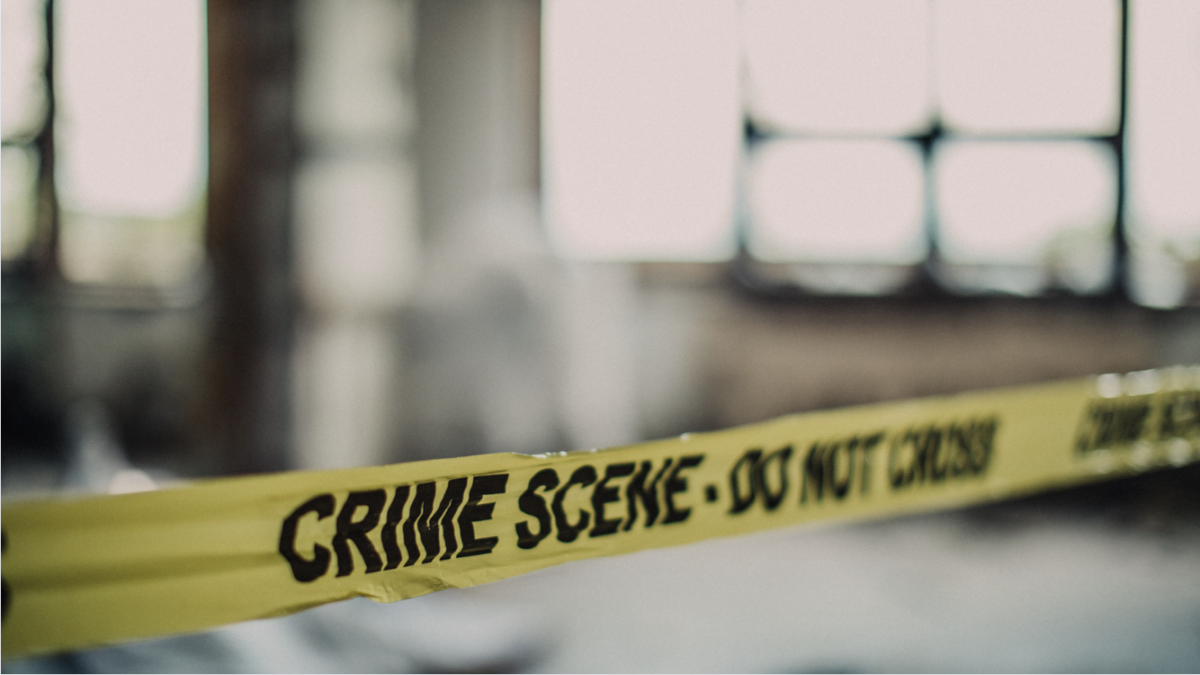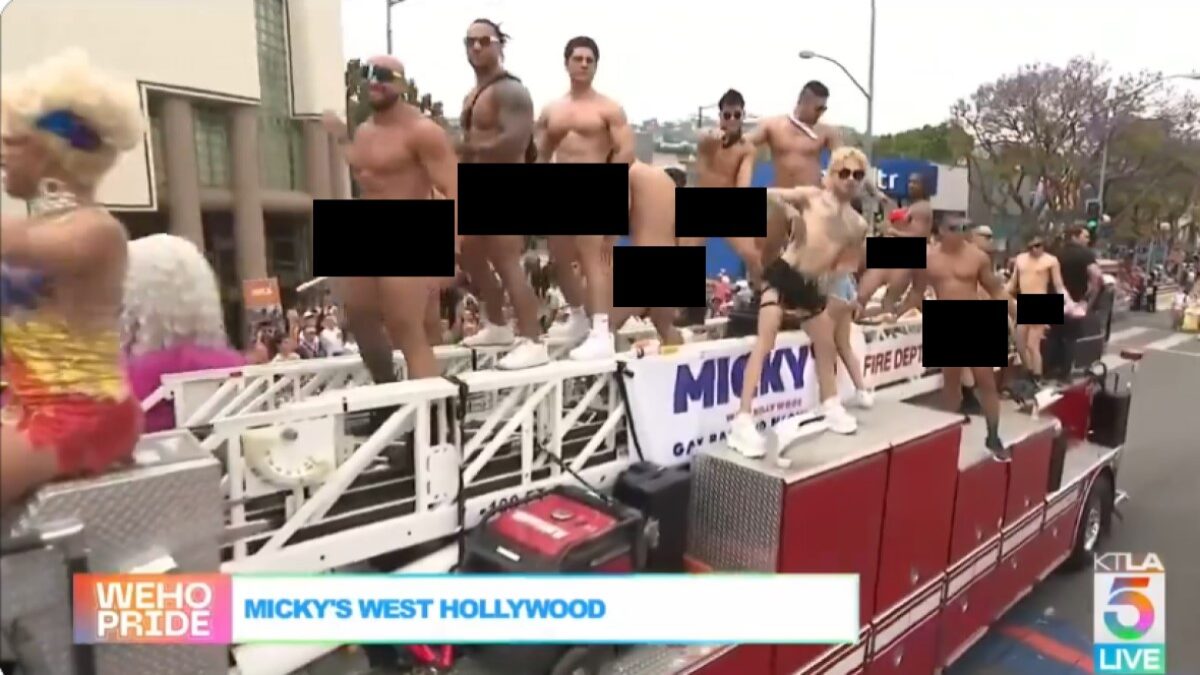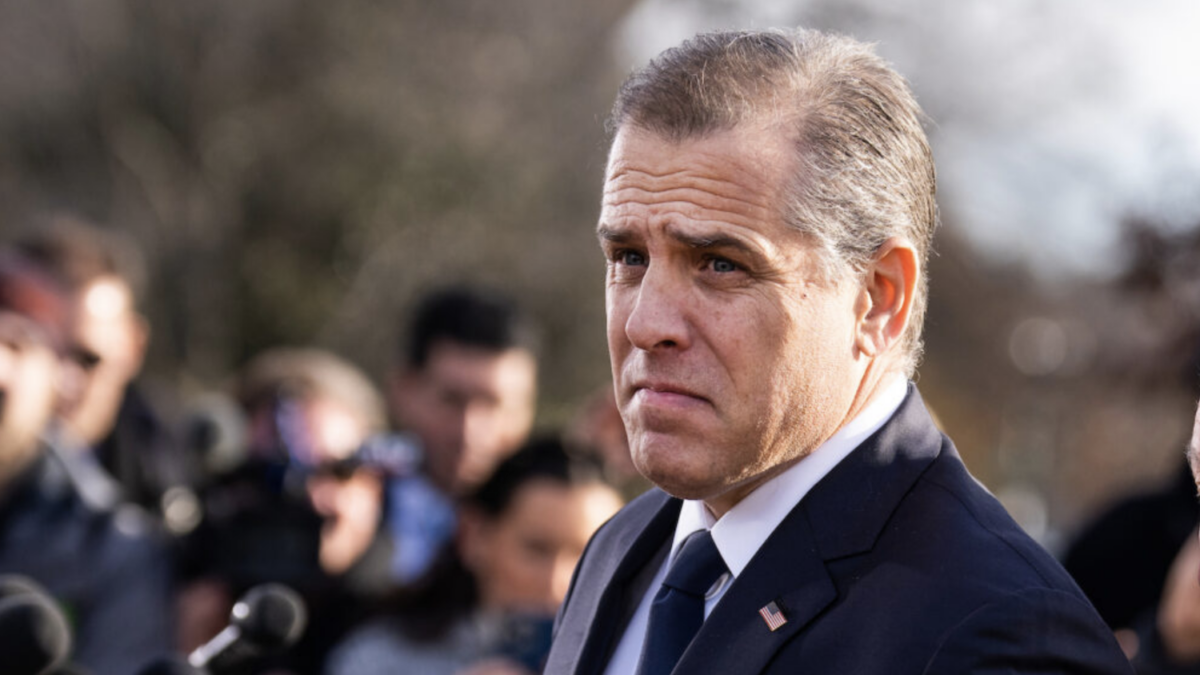
The scandal engulfing disgraced movie producer Harvey Weinstein rages on. New allegations of sexual misconduct against actresses continue to emerge daily. Weinstein reportedly planned to flee to an undisclosed location in Europe, ostensibly for sex addiction rehab. He reportedly has also retained a criminal defense attorney.
Meanwhile, the larger question of Weinsteingate is becoming: “What did Hollywood know, and when did they know it?” If Weinstein’s depravity was an open secret, why was everyone silent?
Many A-List actresses have spoken out, some claiming ignorance, some not. Perhaps the most realistic responses have come from Jessica Chastain. She divulged that she was warned about Weinstein from the beginning, but defended her silence on the grounds that all she heard was rumors and that, in any event, it would be the victims’ stories to tell.
Chastain also complained that the media was not asking Hollywood’s leading men why they never spoke out about Weinstein. Unsurprisingly, some of the actors in Weinstein’s orbit are being questioned now. The answers are not Oscar-worthy.
Clooney, Damon, and Affleck
Like Glenn Close, George Clooney perhaps gets points for acknowledging that he heard rumors. The rest of Clooney’s comments, however, really went no further than to claim shock at the financial settlements paid to some of Weinstein’s victims.
Clooney, being one of the industry’s smarter actors, otherwise downplayed the scandal he was supposedly deploring. He told The Daily Beast, “A good bunch of people that I know would say, ‘Yeah, Harvey’s a dog’ or ‘Harvey’s chasing girls,’ but again, this is a very different kind of thing. This is harassment on a very high level” (emphasis added).
Clooney added, “in some ways, a lecherous guy with money picking up younger girls is unfortunately not a news story in our society.” He quickly skipped to the “argument that everyone is complicit in it. I suppose the argument would be that it’s not just about Hollywood, but about all of us—that every time you see someone using their power and influence to take advantage of someone without power and influence and you don’t speak up, you’re complicit.”
Of course, that requires seeing it, and Clooney was adamant that he never witnessed Weinstein harass or assault women. The “not seeing” is a common theme in actors’ responses to this scandal.
Matt Damon was asked about a report that he and Russell Crowe were asked to telephone Sharon Waxman to derail a Weinstein expose in 2004. The story he tells allows for the possibility that he was an innocent dupe. Anyone who has seen “Team America: World Police” may be inclined to that interpretation. Damon’s denial has curious aspects. He told Deadline, “I was never conscripted to do anything. We vouch for each other, all the time.” Does show business require people, especially powerful people, to vouch for each other constantly? Perhaps. If so, maybe Hollywood has much deeper problems to address.
Beyond this 2004 incident, Damon added: “We know this stuff goes on in the world. I did five or six movies with Harvey. I never saw this. I think a lot of actors have come out and said, everybody’s saying we all knew. That’s not true. This type of predation happens behind closed doors, and out of public view. If there was ever an event that I was at and Harvey was doing this kind of thing and I didn’t see it, then I am so deeply sorry, because I would have stopped it.”
Damon “never saw this,” while leaving open the possibility it happened around him and he did not see it. He then explained why this will generally be true: these incidents usually occur without witnesses. He carefully avoided trying to clear this low bar. If Clooney heard things, how likely is it that Damon did not? If Clooney had seen Weinstein acting like a “dog,” how likely is it that Damon did not?
Ben Affleck, whose career, like Damon’s, was largely launched by the Weinstein-coproduced “Good Will Hunting,” settled for issuing a written statement remarkable for its vagueness. It is devoid of any sense of what Affleck heard or saw during his association with Weinstein.
There may be reasons for this. Rose McGowan has accused Affleck of prior knowledge of Weinstein’s alleged sexual harassment and assaults. Affleck also issued his own terse apology for groping Hilarie Burton during a 2003 appearance on MTV’s “Total Request Live,” which was basically captured on video:
Ben Affleck allegedly groped Hilarie Burton and now there's video. https://t.co/nXRLIYgep1 pic.twitter.com/BBfcw9MxJC
— Hayley Jones (@hayleycjones) October 11, 2017
Lastly, there is his brother Casey, who was accused of harassment by two female co-workers in 2010 and ultimately settled out of court.
Weinsteingate’s Harder Questions
Weinsteingate has Hollywood trying to cover their own rear ends for public relations. But to what result, other than schadenfreude for those tired of the industry’s incessant moralizing?
Chastain’s complaint about men not speaking out before the expose is odd, given that most of them could offer the same responses she did (with the exception of Brad Pitt, who at least threatened Weinstein with a “Missouri whooping” if he harassed Pitt’s then-girlfriend Gwyneth Paltrow again).
What is an actor or actress to do with rumors? No one is suggesting that the victims should have been involuntarily exposed. Some of the victims accrued enough wealth and clout that they could have publicly exposed Weinstein earlier. Should we judge them harshly?
Could SAG-AFTRA have done more than set up a safety hotline? Is this a particularly acute problem for a business built in part on the objectification of beautiful people for mass audiences? Will this scandal cause the industry to revisit claims that Corey Feldman and Corey Haim were abused, or will they settle for the Lifetime movie?
Now that it is in the open, Weinsteingate is the easy case for Hollywood. Tinseltown has now engaged in a show of great bravery and moral outrage (although the real bravery is limited to the victims). There are few things Hollywood enjoys more than pretending to be brave.
Harvey already may be plotting a comeback, but he will not get the same forgiveness creative types like Roman Polanski or Mel Gibson have received for terrible behavior. It will be much easier for Hollywood to maintain their outrage against someone who was merely “the money.” Having co-produced “Shakespeare In Love,” Weinstein should know how “the money” is really viewed (by Affleck’s character, no less).
“What did Hollywood know, and when did they know it?” may be today’s hot question, and one many in the industry are having difficulties answering well. Yet the follow-up questions seem even more difficult.









